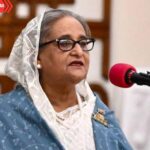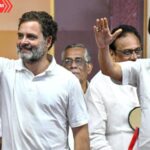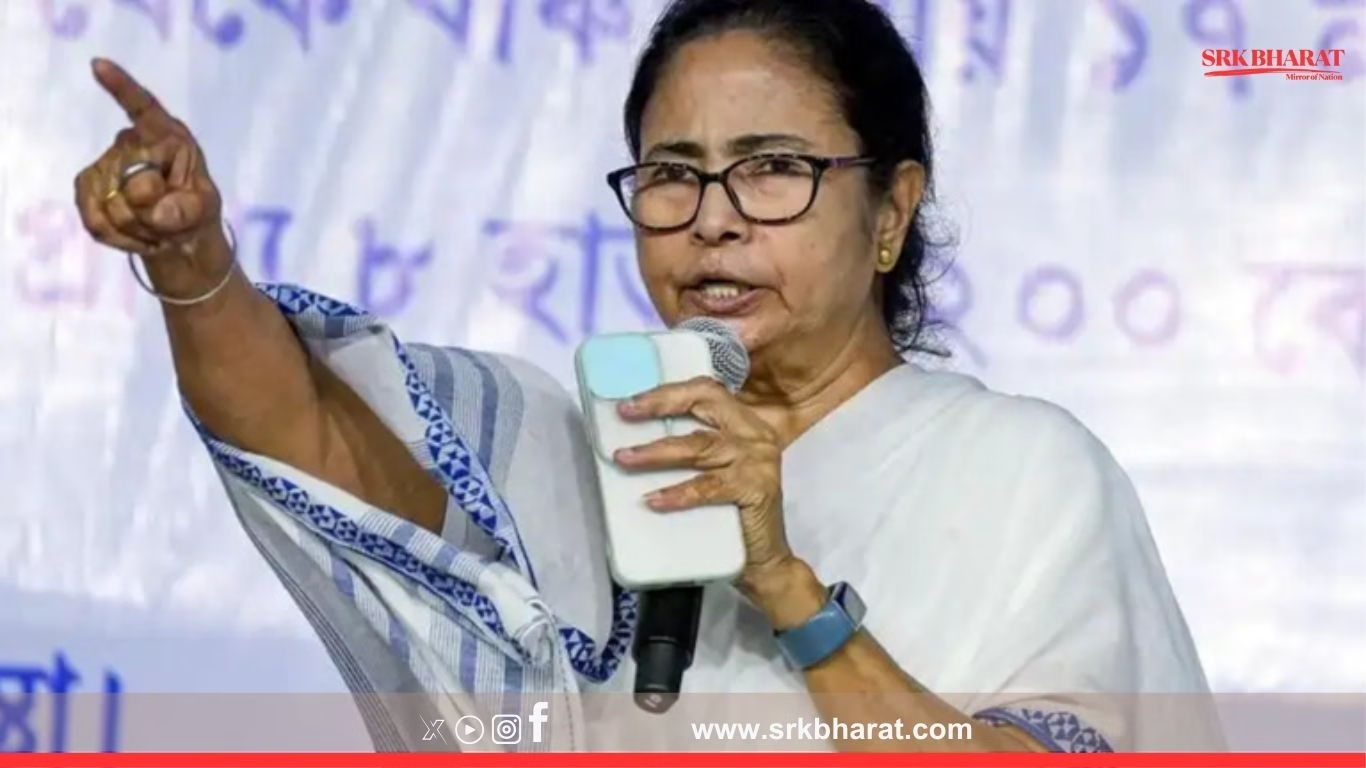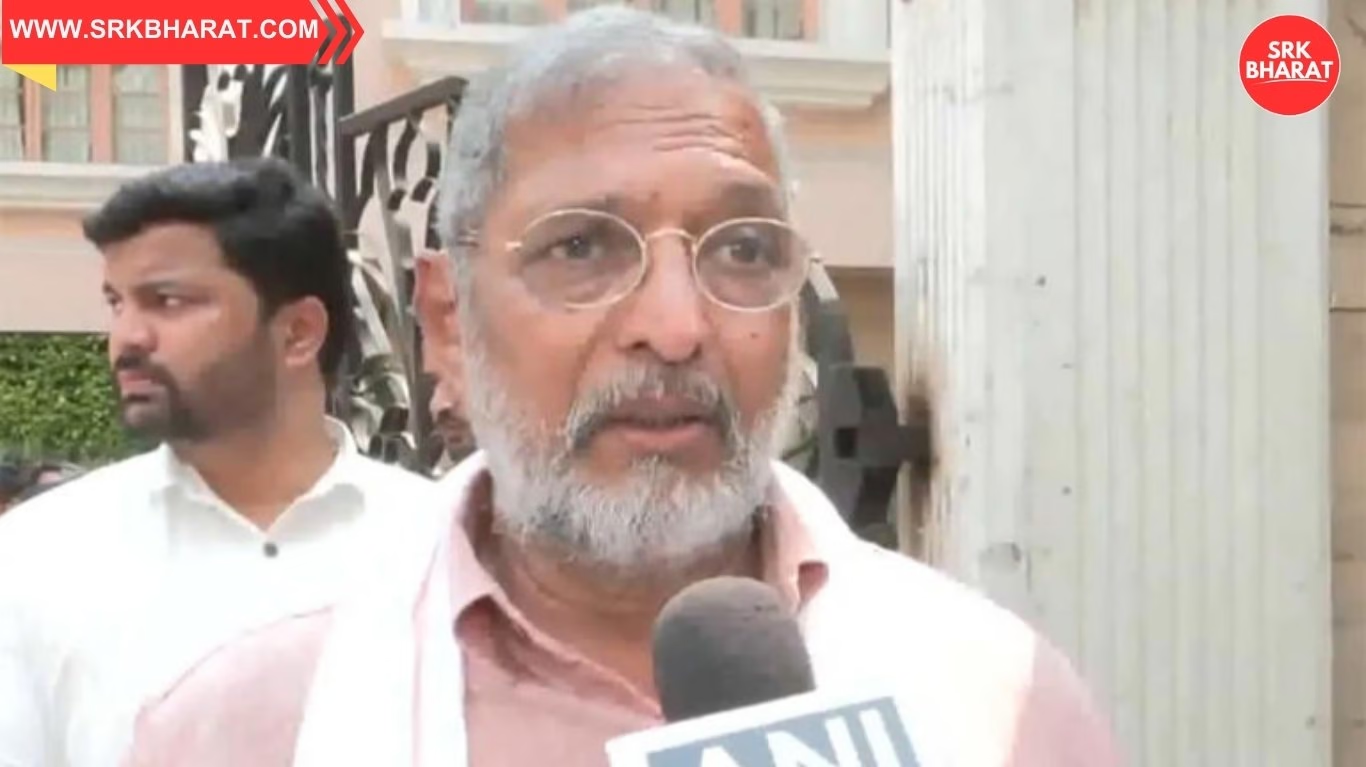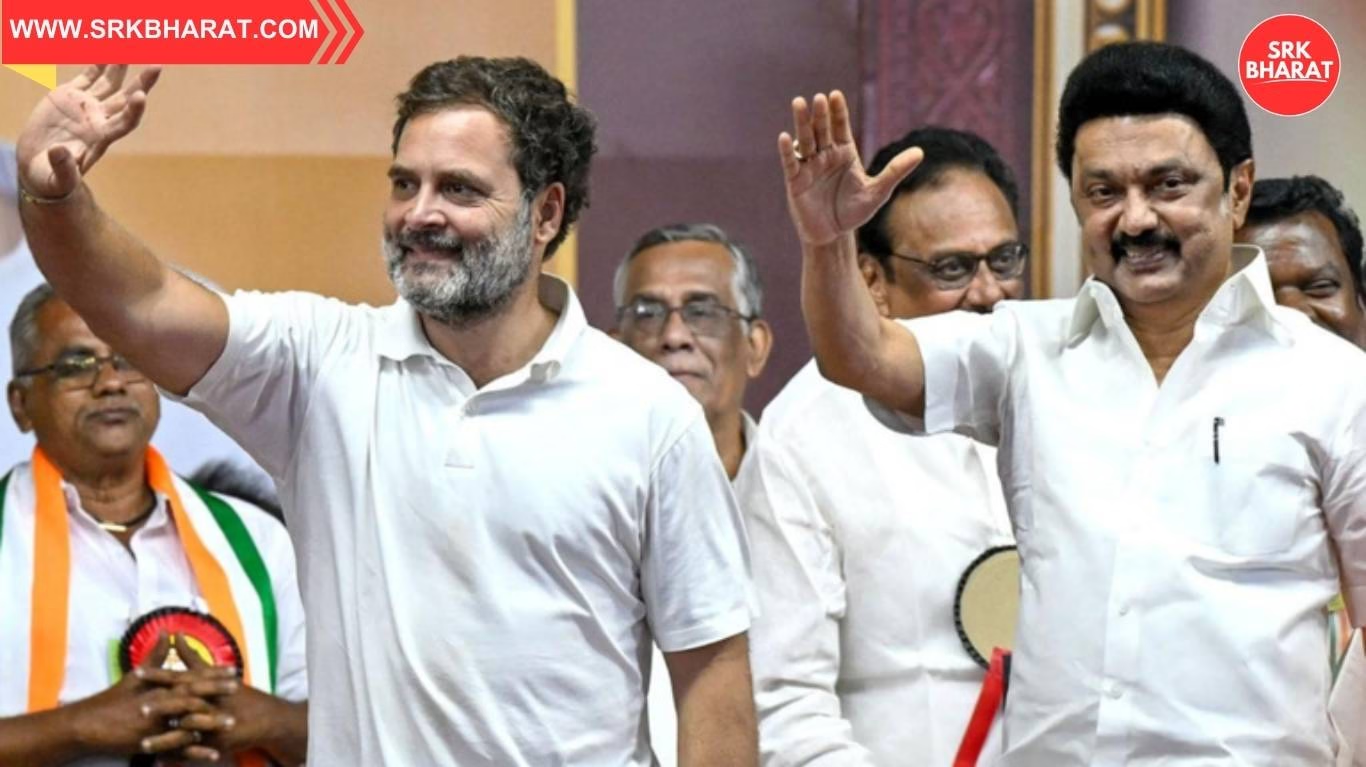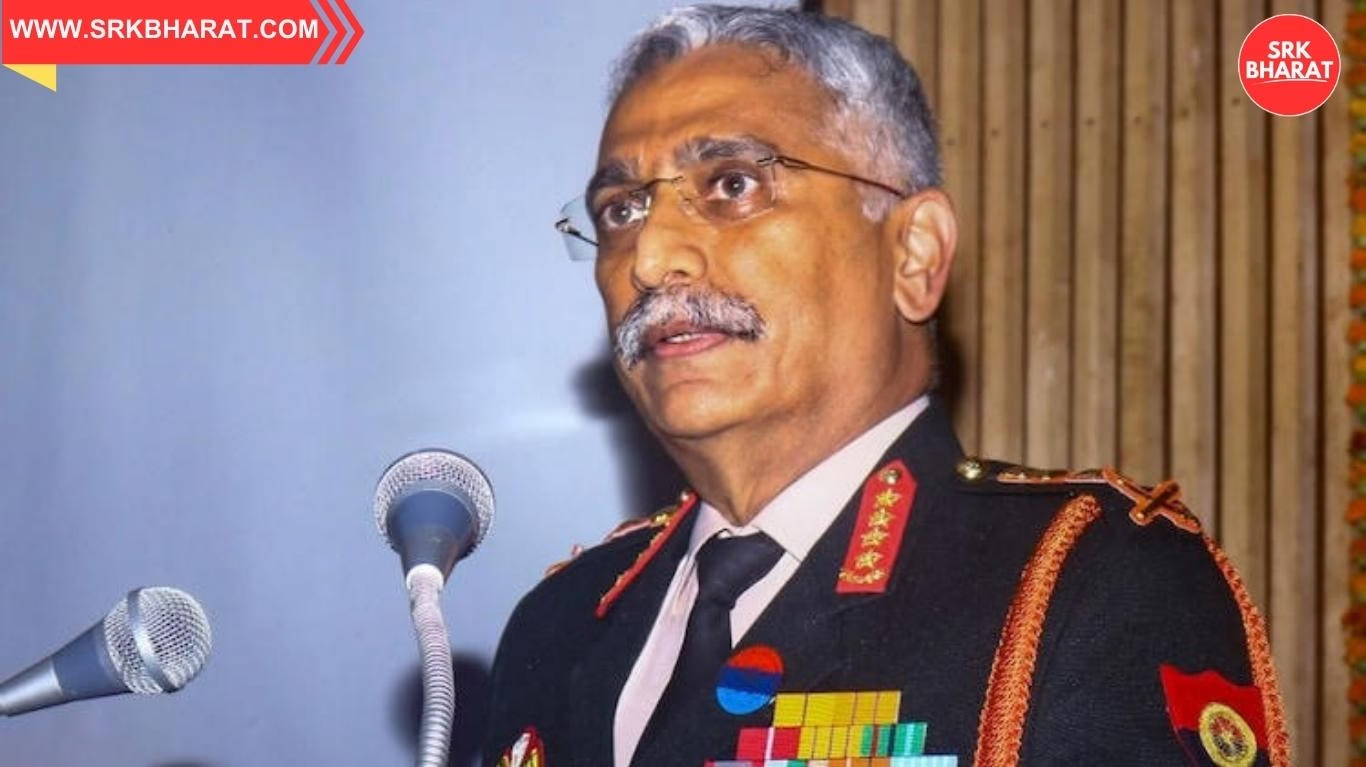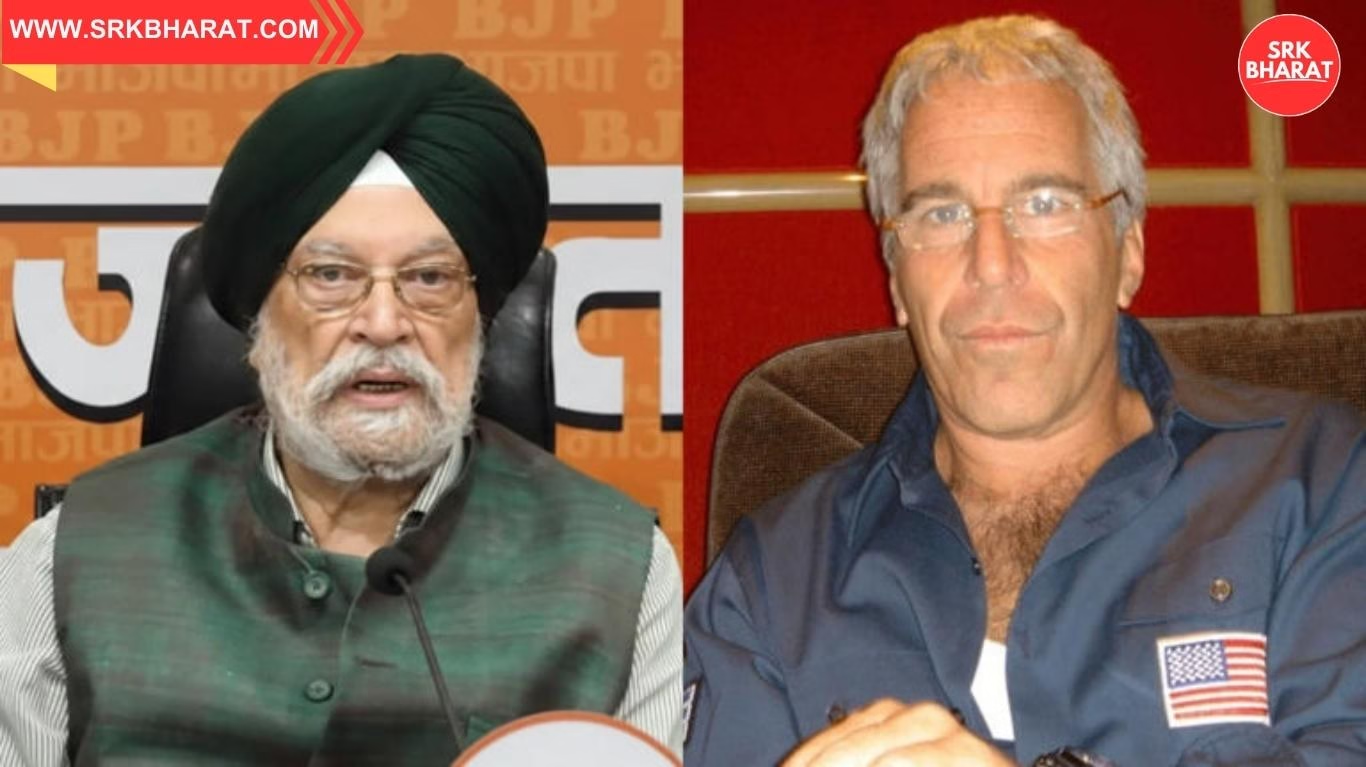West Bengal Chief Minister Mamata Banerjee has ignited a fresh political controversy by accusing the Bharatiya Janata Party (BJP) of systematically targeting Bengalis living in Delhi and other parts of India. Her remarks, made during a recent public meeting in Kolkata, alleged that Bengalis are being harassed and labelled as Bangladeshis by central agencies and BJP leaders to create a narrative of fear and divide.
Mamata’s explosive allegation against BJP
Addressing her party workers and state residents, Mamata said,
“Just because someone is Bengali does not mean they are Bangladeshi. This witch-hunt of Bengalis outside Bengal must stop. People from our state are being treated like second-class citizens in Delhi, questioned about their identity, and subjected to mental harassment.”
She further warned BJP leaders to refrain from “insulting the dignity” of Bengalis and urged her party MPs to raise this issue in Parliament. According to Mamata, the ruling party at the Centre is systematically trying to paint a negative picture of Bengalis in other states to consolidate votes through communal polarisation.
Background: The citizenship and migration debate
The debate over Bengali identity outside West Bengal is deeply linked to the wider National Register of Citizens (NRC) and Citizenship Amendment Act (CAA) discussions in India. Over the past five years, the political discourse has frequently conflated illegal migration from Bangladesh with Bengali-speaking citizens of India, especially in Assam, Delhi, and Maharashtra.
Key concerns raised by civil society groups include:
- Discrimination against Bengalis with valid documents due to linguistic profiling.
- Harassment of migrant workers from West Bengal, especially domestic helpers and daily wage earners, by police and local administrations under suspicion of being Bangladeshi infiltrators.
- Denial of job opportunities and rental accommodations due to perceived illegal immigrant status.
BJP’s counter to Mamata’s charge
In response, BJP leaders accused Mamata Banerjee of playing vote bank politics. Delhi BJP spokesperson Praveen Shankar Kapoor said,
“We respect Bengalis as proud Indians and contributors to the nation. Mamata Banerjee is deliberately spreading lies to polarise her vote bank in Bengal and create an artificial fear.”
Another senior BJP leader said her statements are aimed at distracting public attention from the corruption and violence issues plaguing Bengal.
Impact on Bengali migrant workers in Delhi
Thousands of Bengali migrant workers in Delhi are employed in construction, domestic work, hotel kitchens, sweet shops, and as small business owners. Human rights organisations note that the fear of being branded as Bangladeshi has impacted their dignity and mobility.
Table: Key sectors employing Bengali migrants in Delhi
| Sector | Approximate % share of Bengali migrant workers |
|---|---|
| Construction | 25% |
| Domestic work | 20% |
| Food industry | 18% |
| Textile, tailoring, zari | 12% |
| Small retail | 10% |
| Rickshaw pulling, daily wage | 15% |
Many workers have reported being asked to produce voter IDs and Aadhaar cards during police verification, especially after local thefts or incidents, despite being long-time residents with valid documents.
Political implications for upcoming polls
Mamata Banerjee’s strong statements are being seen as a strategic move ahead of municipal and assembly by-polls in West Bengal. Her positioning herself as the protector of Bengali identity resonates with her Bangla-r meye (daughter of Bengal) image, countering BJP’s nationalist narrative.
Political analysts indicate:
- This narrative consolidates her core Bengali vote bank amid rising BJP influence in rural Bengal.
- It seeks to delegitimise BJP’s CAA-NRC propaganda by highlighting its discriminatory impact on common Bengalis.
- It amplifies Trinamool Congress’s (TMC) pitch as a national party defending federal rights against a majoritarian Centre.
Social media reactions
Her remarks sparked intense reactions on social media. Hashtags like #IamBengaliNotBangladeshi and #MamataDefendsBengalis trended on Twitter. While TMC supporters lauded her for defending community pride, BJP sympathisers accused her of appeasement politics.
The historical context of identity tensions
The conflation of Bengali identity with Bangladeshi immigrants has roots in:
- Partition migration (1947): Millions of Hindu Bengalis migrated from East Pakistan to West Bengal.
- 1971 Bangladesh Liberation War: Another wave of refugees, including both Hindus and Muslims, arrived in India.
- Post-1971 infiltration concerns: Successive governments have raised concerns of illegal migration into Assam and West Bengal, leading to political tensions and local resentment.
These historical migrations are often overlooked when identity verification drives take place in Delhi and other states, creating anxiety among Bengali migrants about their legitimacy.
What lies ahead?
The political battle over identity, migration, and citizenship is expected to intensify in the coming months as:
- BJP accelerates CAA implementation promises in Bengal and Assam.
- TMC positions itself as the defender of Bengali pride.
- National debates over “who is an Indian” continue to influence electoral narratives.
Disclaimer
This news report is based on political speeches, public statements, and migrant labour data. It does not represent the views of this publication. Readers are advised to cross-verify statements for legal, electoral, or policy interpretation.




